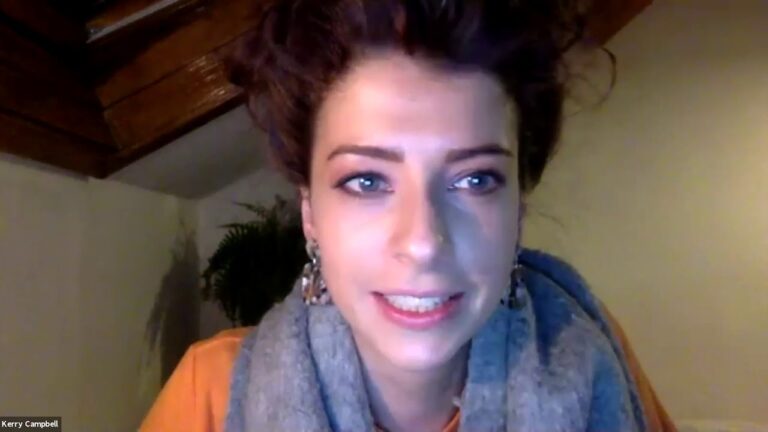
New Models is a lecture series that invites practitioners from different disciplines to discuss how their work can change the models around which society is organised. These conversations will address how we can shift power structures, socio-economic forces and structural inequalities present in society today to give us new tools to rethink the world around us.
Rapidly changing discourses surrounding ‘participation’ and ‘co-design’ in the built environment have led to a renewed critical attention around what it means, and why its meaningful, to be ‘community-led’. Far from seeking answers, but instead with an aim to re-think our questions, RESOLVE Collective alongside fellow practitioners from across the UK, will discuss past work, thinking through alternative models for community-led practice in the built environment and reflecting on the work still to be done.
Amahra Spence (MAIA Group, Birmingham) is a cultural producer, artist and founder of MAIA. In 2013, she set up the organisation to support artists in striving for justice, through resource redistribution and building social infrastructure. MAIA are developing a series of spaces that redistribute the cultural sector’s hospitality spend to invest in systemically underinvested-in communities.
In 2020, Amahra established the Black Land & Spatial Justice project following a campaign which raised over £30,000. She was also invited to join England’s first Land Commission, working with the Liverpool City Region mayor to review and suggest uses for public land for community wealth building
Immy Kaur (Civic Square, Birmingham) is a Co – Founder and Director of CIVIC SQUARE. CIVIC SQUARE is a public square, neighbourhood lab, and creative + participatory platform focused on regenerative civic and social infrastructure within neighbourhoods. Immy is part of a creative and dynamic leadership team who work alongside the local neighbourhood, to offer a bold approach to visioning, building and investing in civic infrastructure for neighbourhoods of the future.
She is also an active member of Project 00.. Immy is part of the Doughnut Economics Action Lab Advisory Team, a Birmingham Hippodrome Trustee, a Birmingham Open Media (BOM) Board Member,theNational Lottery Community Fund Advisory Fund and anInclusive Economy Partnership Board Champion. Immy was a founding director ofImpact Hub Birmingham, which was open between 2015 – 2019. Impact Hub Birmingham was on a mission to help build a fairer more equal and just city, through people place and open movements. On a voluntary basis, Immy also led and ran TEDxBRUM between 2012 and 2017
Kerry Campbell* (Mansions of the Future, Lincoln) has a curatorial practice informed by long standing interests in co-authorship, alternative pedagogies and understanding the complex relationships between social class, structural inequality and representation. Kerry has demonstrable experience in arts leadership, regional curating and transforming arts engagement.
In 2012 Kerry founded TMT Projects, Luton – an arts platform invested in critically considering working-class representation, supporting emerging to mid-career artists and delivering ambitious, locally informed exhibitions, educational projects and events. Most recently Kerry was the Artistic Director at Mansions of the Future – an expansive three-year Art’s Council Ambitions for Excellence funded arts and cultural organisation and international public programme in Lincoln. During her tenure she led a team to transform the city’s arts engagement, foster partnership working and refine a thoughtful and dynamic approach to commissioning which was inherently social, site-specific, and collaborative.
RESOLVE COLLECTIVE is an interdisciplinary design collective that combines architecture, engineering, technology and art to address social challenges. They have delivered numerous projects, workshops, publications, and talks in the UK and across Europe, all of which look toward realising just and equitable visions of change in our built environment.
Much of RESOLVE’s work aims to provide platforms for the production of new knowledge and ideas. An integral part of this way of working means designing with and for young people and under-represented groups in society. Here, ‘design’ encompasses both physical and systemic intervention, exploring ways of using a project’s site as a resource and working with different communities as stakeholders in the short and long-term management of projects. In this way, design carries more than aesthetic value; it is also a mechanism for political and socio-economic change
source